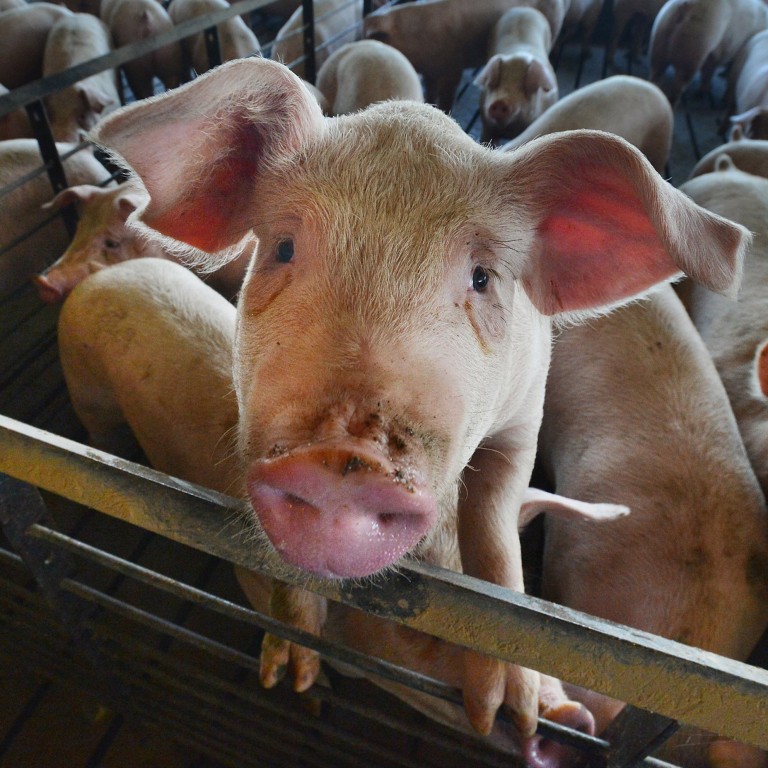
Pig disease exposes weakness in system
- Despite mainland provinces reporting cases of African swine fever for months, Hong Kong appears to have been ill-prepared for its first case
With 90 per cent of Hong Kong’s food imported, there needs to be effective safety surveillance to ensure only products suitable for consumption make it to the dining table. Unfortunately, it does not appear to be the case with pork. By the time the first African swine fever case in the city was confirmed on Friday, an unknown number of pigs from the same imported batch of animals had already been sold. The ensuing action by the government to kill those pigs in stock also leaves much to be desired.
In line with arrangements in place should another outbreak of bird flu occur, the culling of some 6,000 pigs at an abattoir in Sheung Shui was necessary to prevent further infection. The government has over the past two decades had experience in killing millions of chickens, but this time the cull did not go so smoothly. Angry traders initially blocked the move, saying there were no grounds to kill those animals that arrived days after the case was discovered. However, they backed down once officials offered to compensate them. The drama has exposed a breakdown in communication between the government and the industry.
The pork scare has understandably caused inconvenience to the public and hit the incomes of related sectors, but the precautionary measures were taken in the public interest. More importantly, the food safety surveillance mechanism and contingency plans must be improved. From routine inspections and laboratory tests to the segregation of livestock and slaughtering, and from liaising with the mainland authorities to public disclosure and engaging affected stakeholders, there is still much room for improvement. Lessons should be learned.

